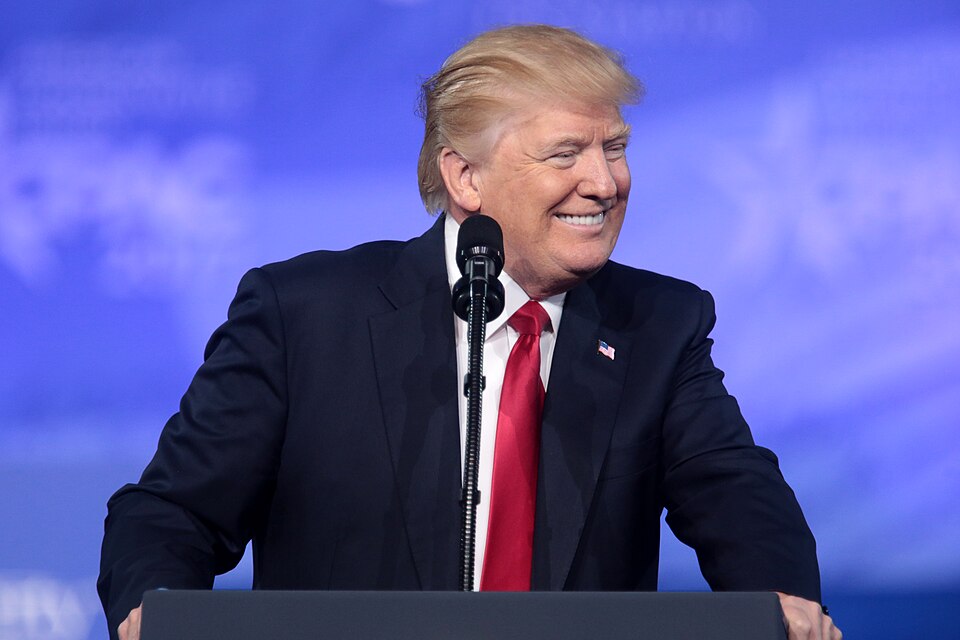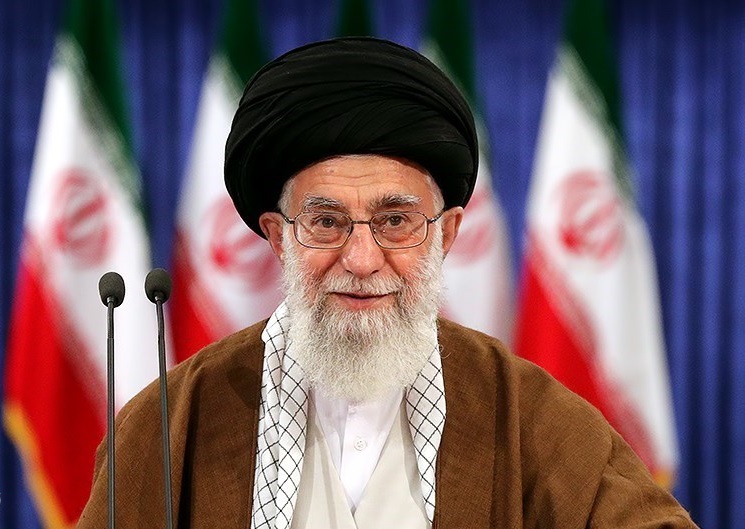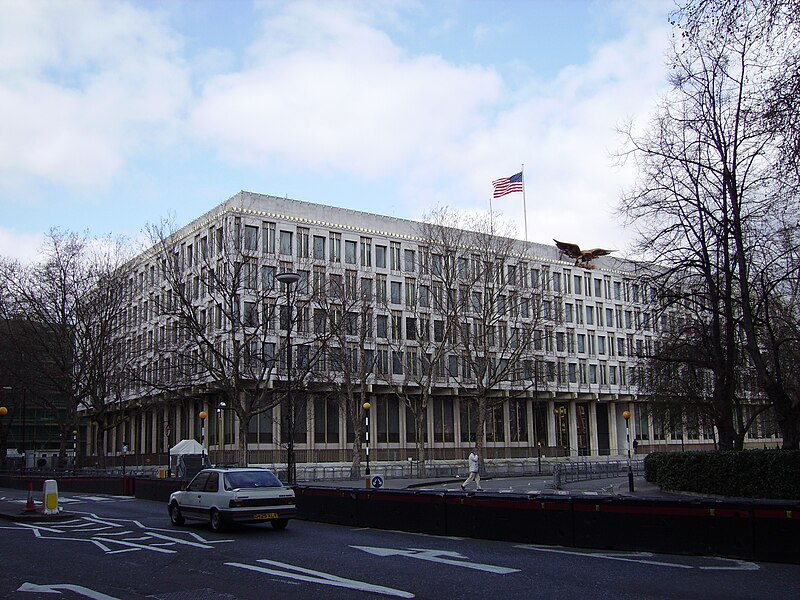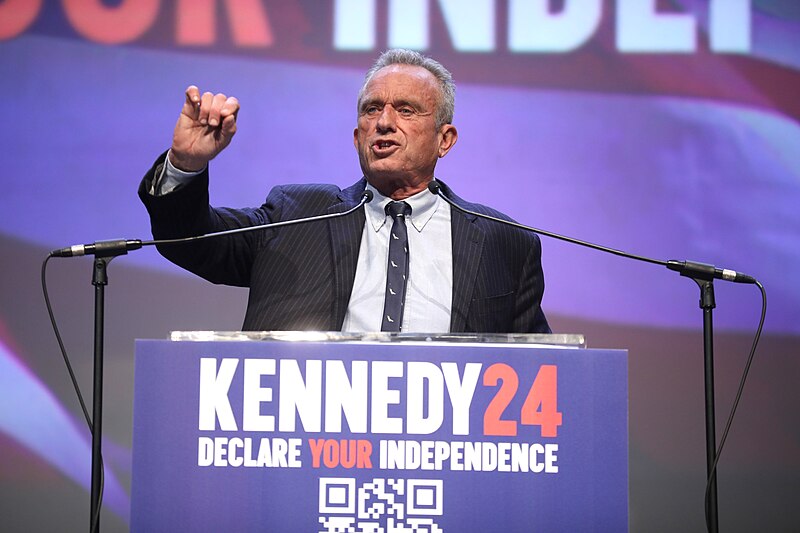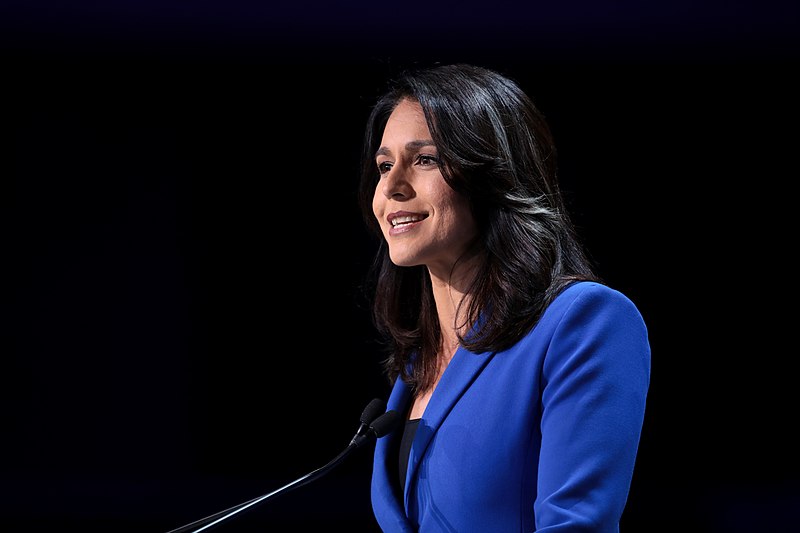
The Senate took a significant step on Monday toward confirming Tulsi Gabbard as the next director of national intelligence, with a 52-46 party-line vote advancing her nomination.
If confirmed, Gabbard will lead the U.S. intelligence community, overseeing agencies such as the CIA and NSA. A final vote could take place as early as midnight Tuesday.
The vote, held in the GOP-controlled Senate, saw full Republican support, while Democrats remained opposed. Two senators—Thom Tillis (R-N.C.) and John Fetterman (D-Pa.)—did not cast votes. Last week, Gabbard’s nomination narrowly cleared the Senate Intelligence Committee with a 9-8 vote along party lines.
Republican Support and Intelligence Priorities
Senate Majority Leader John Thune (R-S.D.) emphasized Gabbard’s commitment to refocusing intelligence efforts on core functions. “The intelligence community must prioritize its mission—gathering intelligence and providing objective analysis,” Thune stated. “Tulsi Gabbard is the right person to ensure that happens.”
Following the final vote on Gabbard, the Senate will move to a procedural vote on Robert F. Kennedy Jr., President Donald Trump’s nominee for secretary of health and human services.
Concerns Over Gabbard’s Record
Despite Republican backing, Gabbard’s nomination has faced criticism from Democrats and some Republicans. Concerns center around her 2017 meeting with Syrian President Bashar al-Assad, her past opposition to the Foreign Intelligence Surveillance Act’s (FISA) Section 702, and her prior support for Edward Snowden, the former NSA contractor who leaked classified surveillance information.
Previously, Gabbard had called for Snowden to be pardoned. However, during her Jan. 30 confirmation hearing, she distanced herself from that stance, stating she would not advocate for clemency while stopping short of labeling Snowden a “traitor.” Additionally, she revised her position on Section 702, now calling it a “crucial” intelligence tool following recent congressional reforms.
Democratic Opposition
Despite these shifts, opposition remains firm. Sen. Mark Warner (D-Va.), vice chairman of the Intelligence Committee, voiced strong reservations.
“National security is at stake. I respect Ms. Gabbard’s service to our country, both in uniform and in Congress,” Warner said. “This isn’t about her patriotism—this is about her judgment.”
The director of national intelligence is responsible for coordinating the work of 18 intelligence agencies, making the role one of the most critical in national security.
Gabbard’s Political Journey
At 43, Gabbard brings extensive experience to the role, having served over 20 years in the Army Reserve, including a deployment to Iraq. She was a longtime Hawaii Democrat, serving in the state legislature and on the Honolulu City Council before representing Hawaii in the U.S. House from 2013 to 2021.
After an unsuccessful run for the Democratic presidential nomination in 2020, Gabbard endorsed Joe Biden over Donald Trump. However, she later grew disillusioned with the Biden administration, leaving the Democratic Party in 2022. Just before the 2024 election, she officially joined the Republican Party, endorsed Trump, and campaigned alongside him.
If confirmed, Gabbard will take on the responsibility of steering U.S. intelligence strategy at a pivotal moment in global security. Photo by Gage Skidmore from Peoria, AZ, United States of America, Wikimedia commons.



